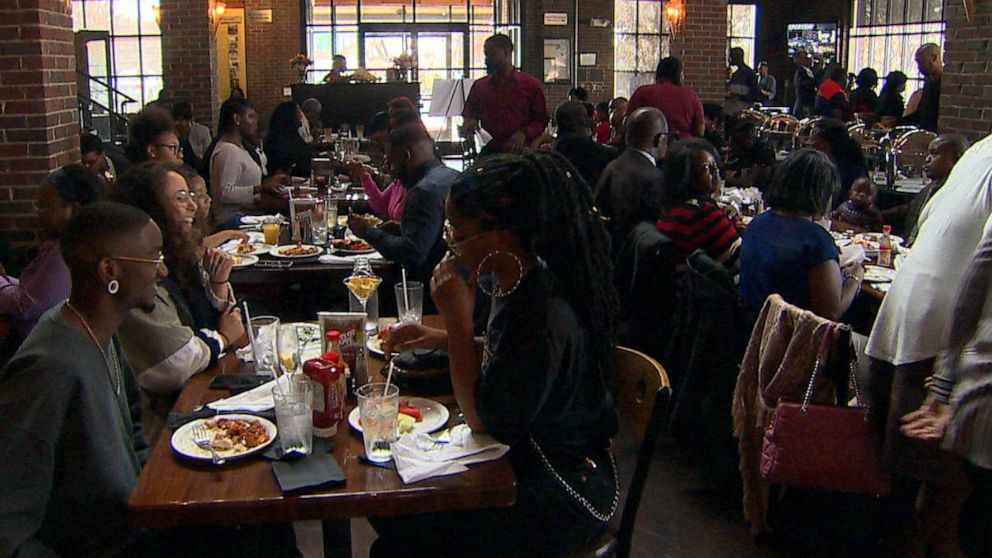Why some black voters want more from the 2020 Democratic field
ATLANTA -- Eleven years after Barack Obama electrified African American primary voters, some black Democrats are searching for a presidential candidate who can inspire them as he did -- and beat Donald Trump.
A plurality of black voters in the most recent ABC News/Washington Post poll say they prefer Obama’s former vice president, Joe Biden, as the Democratic nominee for 2020.
Thirty-nine percent of African American primary voters back Biden, compared with 22% for Sen. Elizabeth Warren, 6% for Sen. Bernie Sanders and 4% for South Bend, Indiana, Mayor Pete Buttigieg in the poll.
While Biden's support among black voters has been steady, beneath the numbers is a sense of unease.
"Well, I was sort of leaning toward Joe Biden," said Elsie Just-Buddy, a long-time member of Ebenezer Baptist Church in downtown Atlanta. Asked about the cause of her hesitation, Just-Buddy mentioned Biden’s age, 77.
"I think that he’d be a good candidate as well as the rest of them. But, you know, I don’t think anyone got it locked unless you got a good program for the people," said Ernest Fry, who also attends Ebenezer, the historically black church and one-time spiritual home of Dr. Martin Luther King Jr.
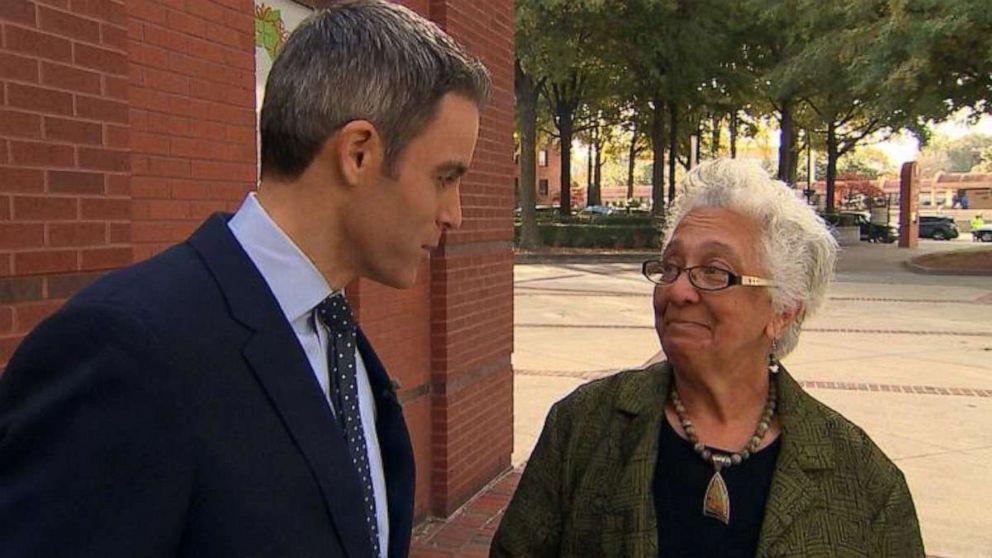
Dozens of black Georgia voters interviewed by ABC News expressed fond memories of the Obama years and said they trust Biden as a known quantity and reassuring voice. But many also described openness to a candidate who can excite them in a way Biden does not, and who speaks more directly to issues in African American communities.
"I like Joe Biden. He’s great," said Marsha Walton of Atlanta. "But I’m still thinking. It’s early."
African American voters are traditionally kingmakers in the Democratic primary: No modern candidate for president has won the party’s nomination without securing a majority of the black vote.
"It’s absolutely critical," said Nse Ufot, executive director of The New Georgia Project, a nonpartisan group pushing to expand black voter registration. "Joe Biden has that support today," but she noted there are about 100 days to go until until Super Tuesday.
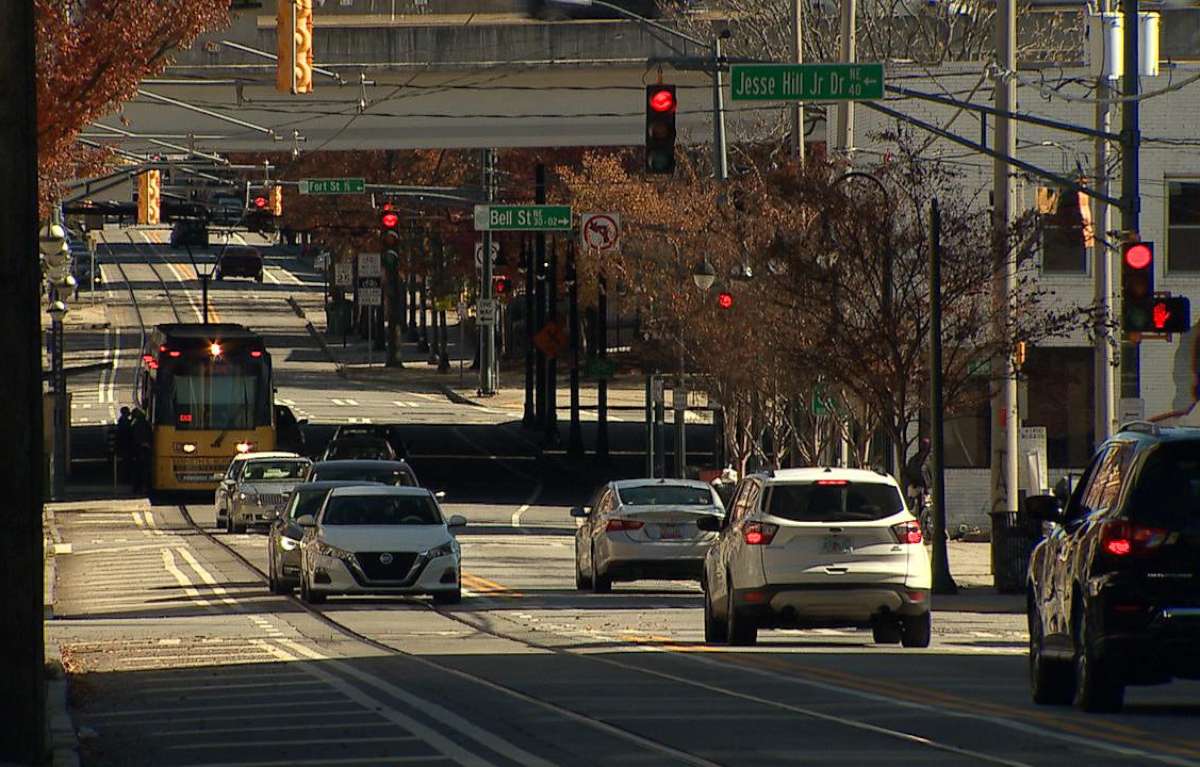
The stakes for the candidates were on full display at the most recent Democratic debate in Atlanta, where direct appeals to African American voters took center stage.
"For too long, I think candidates have taken for granted constituencies that have been the backbone of the Democratic Party," said Sen. Kamala Harris of California, one of the two African American senators running for president, during the fifth Democratic debate in Atlanta. They "show up in a black church and want to get the vote, but just haven’t been there before."
Warren told a crowd at Clark Atlanta University on Thursday that she empathizes with the black American experience, even if she can never fully understand as a white woman. "When I am President of the United States, the lessons of Black history will not be lost. Those lessons will live in every part of my presidency," Warren said.
Biden, who drew backlash after the Atlanta debate for saying "I come out of the black community," later argued that his ties to the black community are older and run deeper than his peers. "What I meant is politically, I come from the black community," he told CNN in an interview after the debate. "It's the reason why I ran in the first place."
Buttigieg, a front-runner in Iowa polling who has struggled to gain traction and name recognition among black primary voters, said he "welcomes the challenge of connecting with black voters in America who don't yet know me."
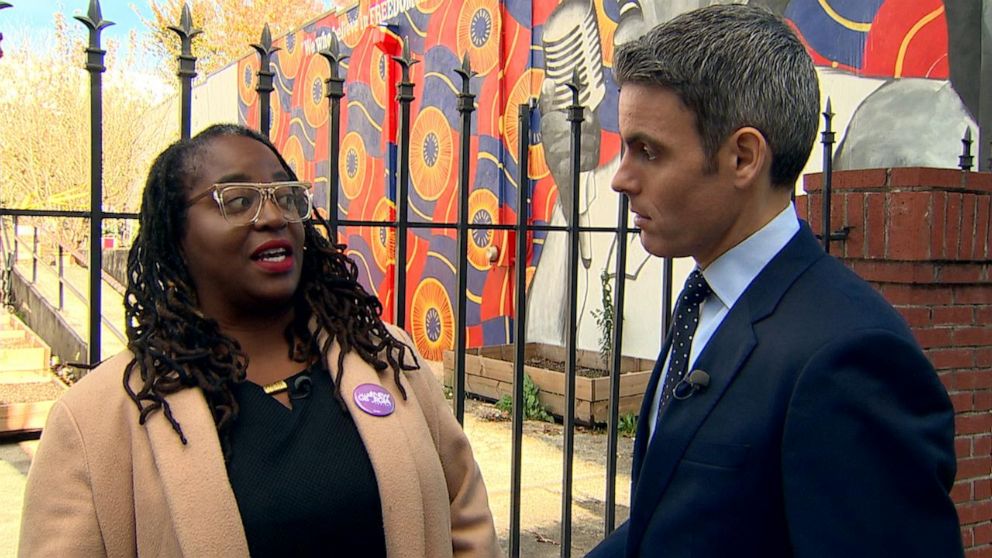
Despite the appeals, many black Georgia voters who watched the debate say they find the field of 2020 candidates underwhelming -- if they have even been paying close attention to them at all.
"I think it’s still pretty far away. The Democratic candidate pool is still really big," said Bryce Mazor, a young accountant waiting for a haircut at Rocky’s Barber Shop in the Peachtree Heights neighborhood of Atlanta. "I want to kind of have a few candidates drop out and then kind of begin to make up my mind. There’s too many fish in the water."
Victor Luis, a self-described politics junkie who was also waiting for a trim, said he’s still holding out for a "dream ticket" to emerge.
"When Obama won Iowa, that let black people know he could win," Luis said of the young Illinois senator’s 2008 meteoric rise. "That’s not going to be the same with Pete Buttigieg, if he wins Iowa."
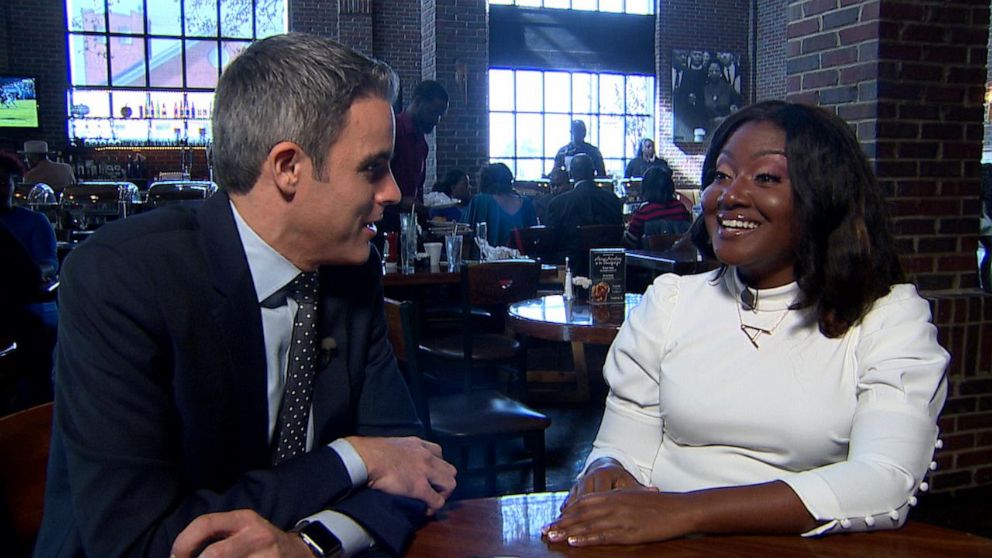
Alisha Thomas Cromartie, a former Georgia state congresswoman and host of the "Fearless Chic" podcast, said black women in particular are feeling uninspired.
"I’m proud of the diversity of our candidates in terms of thought, ideology, demographics. There’s a lot to be proud of in terms of aesthetics to it," she said, "but I think the reason that black women like myself are not yet excited is because we’re not hearing about the issues that we care most about."
Cromartie said education is a topic that her podcast listeners feel has been under-addressed in the campaign, along with economic inequality, homelessness and mass incarceration.
The candidates each have rolled out white-paper policy proposals intended to address these issues. Sen. Cory Booker, for example, talks regularly about the need to address "systemic racism" in health care to the justice system, while Harris has unveiled a $100 billion plan to promote black homeownership. Biden has made investments in community colleges and job training key components of his plan to address black economic mobility.
"I have a lot of respect for Vice President Biden. I think that he and President Obama did some incredible things during their tenure, but you have to be running on more than that," Cromartie said.
Ufot, who has been leading the effort to register more black primary voters in Georgia, said a more full-throated pitch for a black agenda could help build enthusiasm. "It’s not clear that there is a candidate that emerged that has unapologetically embraced a bold agenda that centers on issues and concerns of black communities," she said.
"I think that this is exactly what we need at this moment. The stakes are very high, and black voters deserve to ask all of the questions and surface all of the issues that are important to them throughout this process," Ufot added.
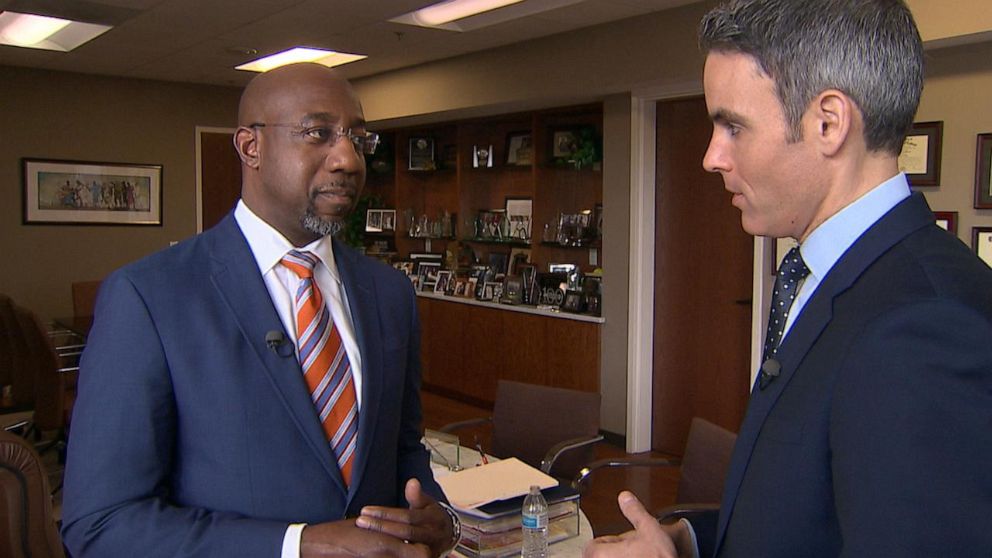
NAACP President Derrick Johnson said African American voters are also looking to see whether the candidates have built diverse campaign staffs that reflect their message of inclusivity.
"If you look at any of the candidates, look at the staff. Let’s peel the onion; that will tell the story," Johnson told ABC News.
Less than three months before the first votes are cast, African American leaders are urging the community to stay engaged and not panic about the unsettled field.
"Chill out," former President Barack Obama told Democratic donors this week, imploring the party faithful to keep an open mind about who may emerge as the party’s nominee.
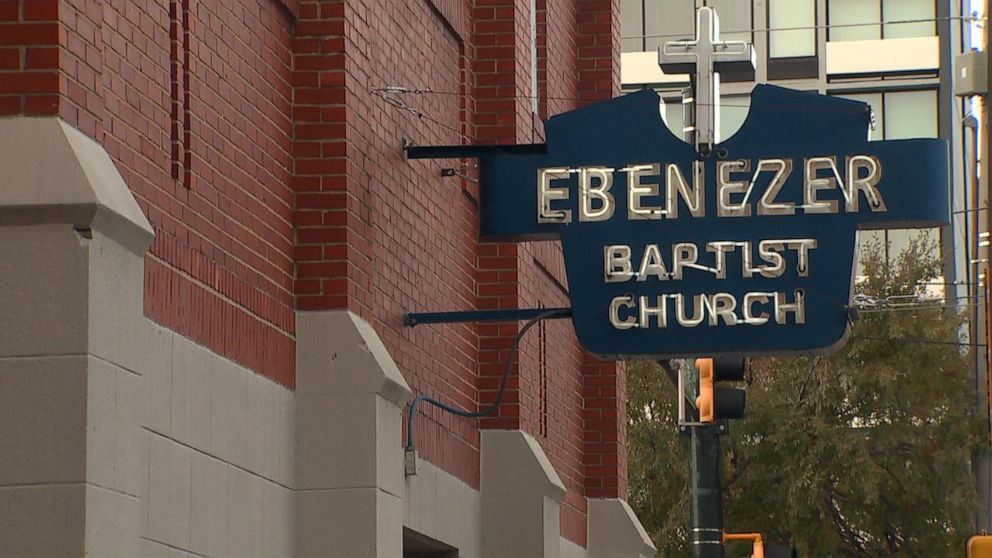
"As I walk through the streets, as I come on Sunday mornings, people aren’t necessarily engaged in the moment by moment, who’s up and who’s down, of our politics," said Rev. Raphael Warnock, senior pastor of Ebenezer Baptist Church.
"We have to relax and think about where we were this time in 2008. We weren’t sure which direction we were going in yet. So I think we just have to stay focused. Hear the arguments. And I believe a strong candidate will emerge."
"Nothing less than the soul of this country" is at stake, Warnock said.
